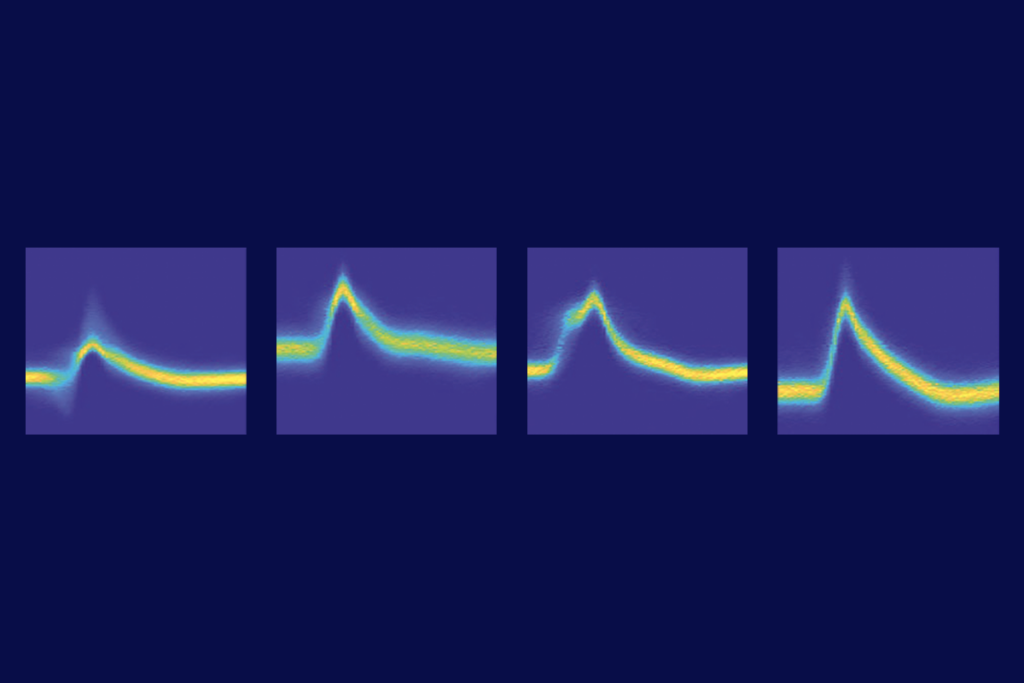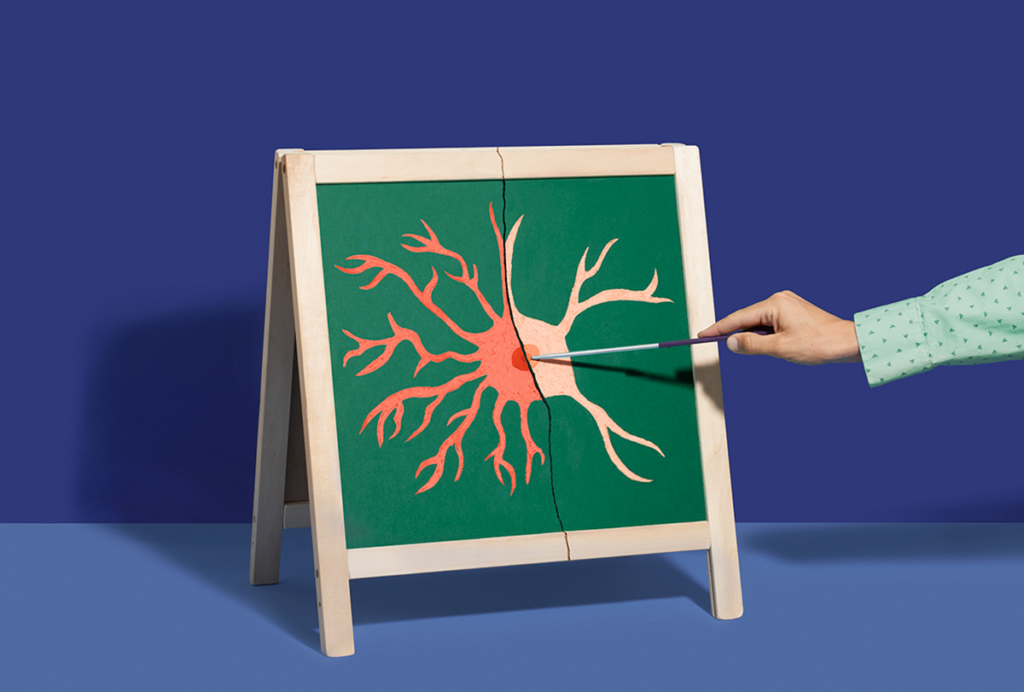Peter J. Hotez, M.D., Ph.D. is Dean of the National School of Tropical Medicine and Professor of Pediatrics and Molecular Virology & Microbiology at Baylor College of Medicine where he is also chief of a new Section of Pediatric Tropical Medicine and the Texas Children’s Hospital Endowed Chair of Tropical Pediatrics. He is the President of the Sabin Vaccine Institute.
Dr. Hotez is an internationally-recognized physician-scientist in neglected tropical diseases and vaccine development. He leads the only product development partnership for developing new vaccines for hookworm infection, schistosomiasis, and Chagas disease, diseases affecting hundreds of millions of children and adults worldwide. In 2006 at the Clinton Global Initiative he co-founded the Global Network for Neglected Tropical Diseases to provide access to essential medicines for hundreds of millions of people
He obtained his undergraduate degree in molecular biophysics from Yale University in 1980 (phi beta kappa), followed by a Ph.D. degree in biochemical parasitology from Rockefeller University in 1986 and an M.D. from Weil Cornell Medical College in 1987.
Dr. Hotez has authored more than 300 original papers and is the author of the acclaimed Forgotten People, Forgotten Diseases (ASM Press).
Dr. Hotez served previously as President of the American Society of Tropical Medicine and Hygiene and founding Editor-in-Chief of PLoS Neglected Tropical Diseases. He is an elected member of the Institute of Medicine (IOM) of the National Academy of Sciences and in 2011 he was awarded the Abraham Horwitz Award for Excellence in Leadership in Inter-American Health by the Pan American Health Organization of the WHO.
In 2015 the White House and U.S. State Department selected Dr. Hotez as a United States Science Envoy.



